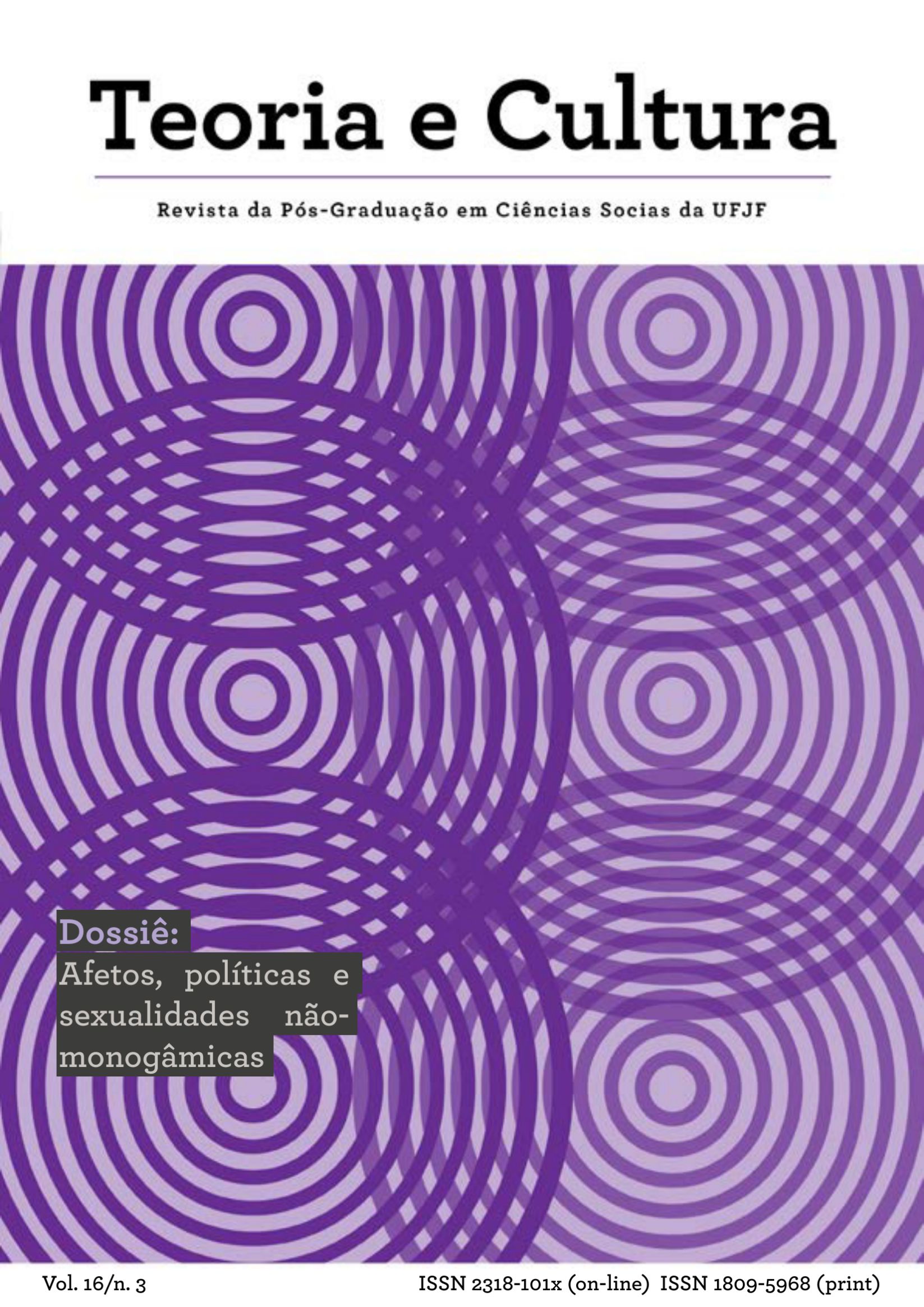Norms in Motion: Monogamy and Polyamory in the Brazilian Legal Context
monogamia e poliamor no contexto jurídico brasileiro
DOI:
https://doi.org/10.34019/2318-101X.2021.v16.36398Abstract
Since 2012, with the registration of the first ‘polyaffective’ civil union, in Tupã (São Paulo, Brazil), there was an intense debate in the legal environment and the media regarding the legality and morality of polyamory. Taking this case as a reference, this paper analyzes controversies related to the recognition of forms of conjugality and family that differ from the model based on monogamy and heterosexuality. Its objective is to investigate how monogamy, as well as non-monogamous arrangements, have been treated in different historical contexts in the Brazilian legal system, highlighting the impact of the concept of ‘polyaffectiveness’ in this debate. It is argued that mononormativity is not a fixed, homogeneous and ahistorical reality, as it is not an absolute and insuperable principle, but contextual, performative and uncertain, being the object of agency and dispute. In this sense, the emergence of the legal debate on polyamory contributed, paradoxically, to reproduce and update the monogamous norm, putting it back into discourse to reinforce it, but also to displace it, highlighting the controversy surrounding the idea that families only exist in dyadic and exclusive conjugal relationships.
Downloads
Downloads
Published
Versions
- 2022-06-02 (2)
- 2021-12-22 (1)








